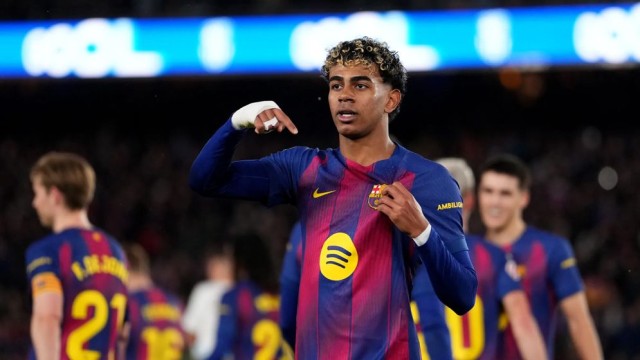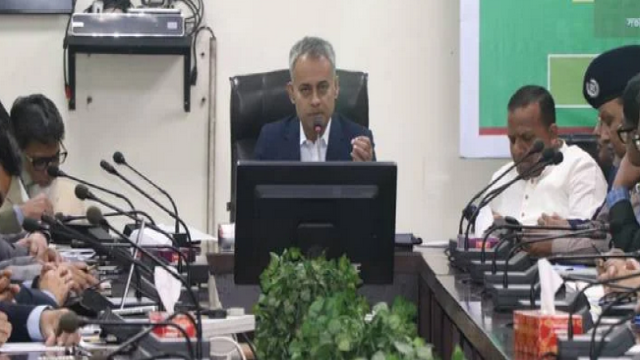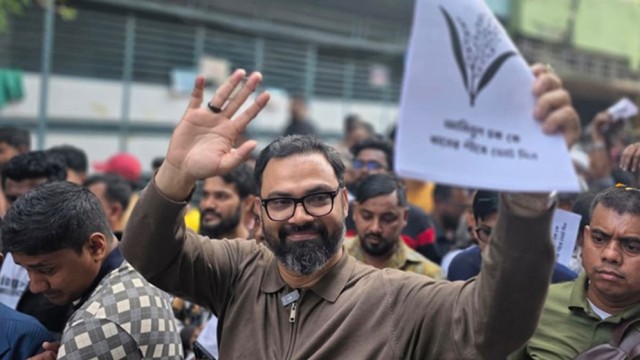Former Manchester City and Real Madrid striker Robinho has been ruled by a Brazilian court to serve a nine-year rape sentence imposed by an Italian court in his home country. The decision follows his conviction for his involvement in the gang rape of a woman in Milan in 2013.
Former football star Robinho, known for his stints at Manchester City and Real Madrid, has been mandated by a Brazilian court to serve a nine-year prison sentence imposed by an Italian court for his involvement in the gang rape of a woman in Milan in 2013. The decision, reached by a majority vote of nine to two, supports an Italian request for Robinho to be incarcerated in his home country, with the ruling stipulating that the sentence must commence immediately. Despite the verdict, Robinho's lawyer, Jose Alckmin, has expressed intentions to pursue avenues to keep his client out of jail while they appeal.
The former Brazil international, now 40, was not present for the court's decision. He has consistently protested his innocence, asserting that the encounter was consensual and accusing the Italian justice system of racism. The case has sparked criticism over the failure of football authorities in Brazil to condemn violence against women, highlighting broader societal concerns.
Robinho's career trajectory has been marred by controversy, with the recent ruling marking a significant fall from grace for the once highly-touted footballer. His legal battles and the ensuing public scrutiny have cast a shadow over his professional and personal life, underscoring the complexities and challenges faced by individuals in the public eye.
The court's decision has far-reaching implications, shedding light on the intersection of sports, legal accountability, and societal attitudes towards gender-based violence. As Robinho navigates through this tumultuous chapter, the football community and the public at large continue to grapple with the broader implications of his case.






























Comment: